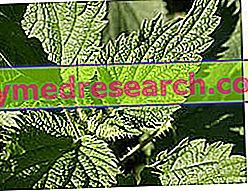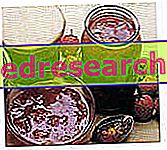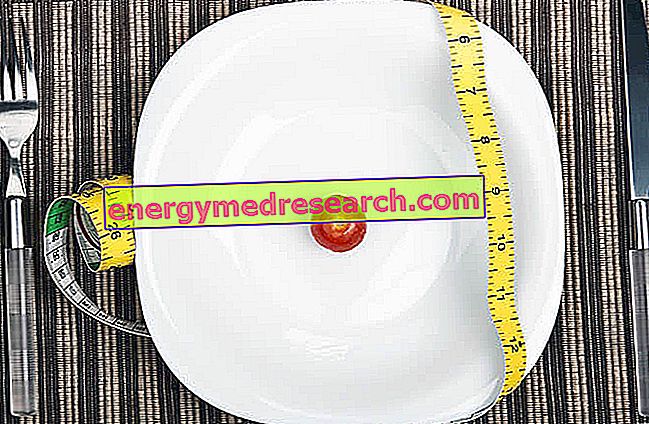Nettle leaves ( Urtica dioica L. and / or Urtica urens L.) are used in folk medicine for their purifying, anti-inflammatory and remineralizing properties. In modern phytotherapy, on the other hand, the root plays a leading role in the symptomatological treatment of benign prostatic hypertrophy.
Nettle root: properties and clinical studies
Nettle is a perennial herbaceous plant, native to western Asia, today widespread in all temperate regions of the globe, including Italy.

The proposed mechanisms of action to explain the positive effects in the treatment of benign prostatic hypertrophy are different. In vitro, a methanol extract of nettle root has inhibited the binding of SHBGs (proteins that transport sex hormones) to solubilized receptors of prostate tissue. This action, ascribed to the lignans present in the drug, would be of particular benefit to limit the growth of prostatic tissue induced by androgens and in particular from dihydrotestosterone. In another in vitro study, an ethanol extract of nettle root inhibited prostatic aromatase activity; this effect, increased by the addition of an extract of Serenoa repens, decreases the conversion of testosterone into estrogen, rebalancing the androgen / estrogen ratio (due to the onset of benign prostatic hypertrophy, the presence of androgens is required, although they are not necessarily the direct cause of the pathology). The polysaccharide fraction showed anti-inflammatory and immunomodulatory activity, with inhibition of lipoxygenases and cyclooxygenase (involved in the production of inflammatory cytokines). The methanolic extract has instead inhibited cell proliferation in cultured prostate tissue taken from patients suffering from benign prostatic hypertrophy. A lectin fraction of Urtica dioica agglutinin inhibited binding of epidermal growth factor (EGF) to EGF receptors in a culture of human prostate tissue cells.
CLINICAL STUDIES
A nettle extract (Bazoton ® -one) given for 12 months, at doses of 459 mg / day, to patients suffering from benign prostatic hypertrophy guaranteed the improvement of associated symptoms (decrease in IPSS * of 5.7 points, compared to 4.7 points in the placebo group). The quality of life and the parameters of uroflowmetry (Qmax, residual volume after urination) were the same with the nettle extract and with the placebo (1).
The therapeutic efficacy of the association of serenoa and nettle extracts (PRO 160/120) has been compared with that of finasteride. This multicenter, randomized double-blind study involved 543 patients with early-stage BPH; after 24 weeks of treatment the benefits obtained in terms of IPSS improvement and maximum urinary flow did not show statistically significant differences, whereas the incidence of adverse effects was greater in the group treated with finasteride (2).
Daily dose
We recommend taking 4-6 g of vegetable drug, corresponding to 300-600 mg of 20% methanol extract. Nettle root is indicated for prolonged treatments not less than six months, even in association with serenoa repens, pumpkin seeds and / or African pigeo.
Contraindications, drug interactions and adverse effects
Methanol extract of nettle is generally well tolerated. Few cases of side effects such as hyperhidrosis, episodes of allergic skin reactions and gastrointestinal disorders of negligible and transient severity, such as nausea, diarrhea and gastric pain, have been reported.
Given the possible interference with androgen and estrogen metabolism, the use of the extracts is contraindicated in pregnancy, lactation and in children under 12 years. Also noteworthy are the possible interferences with hormonal therapies, and by summation of action with finasteride and dutasteride (drugs widely used in the treatment of androgenetic alopecia and prostatic hypertrophy). In any case, before taking nettle root extracts, a medical prescription and check are necessary.



